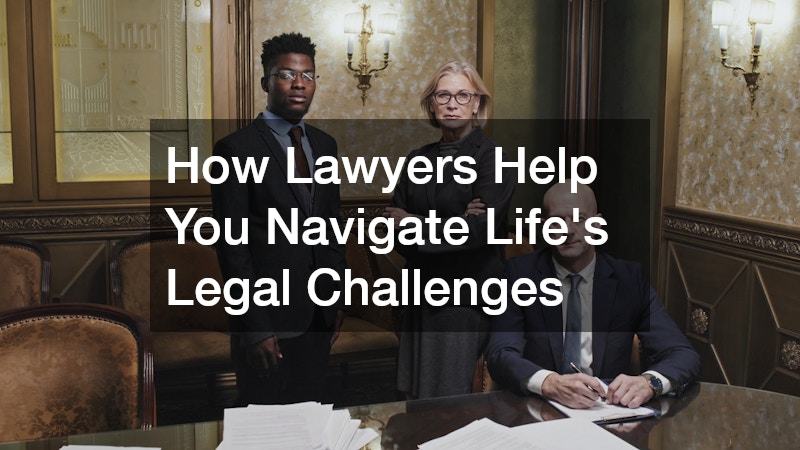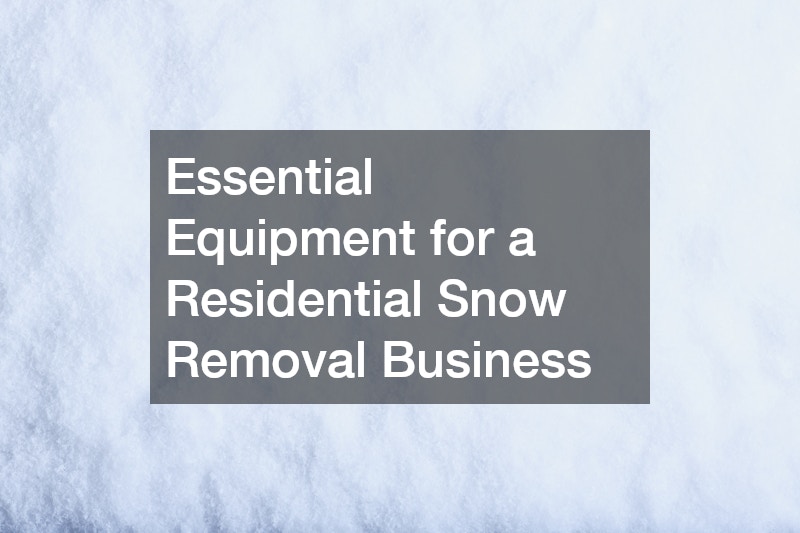As some states are lifting restrictions and are making plans to reopen on Monday, May 4, there are many policies and procedures being put into place. And while many of these businesses are eager to see their customers, clients, and patients, it is important to know that it will be less than business as usual in most instances. With state and city guidelines being developed for settings that involve close interactions, it is at least encouraging that so much thought has gone into the reopening of many locations.
There may be very different guidelines for different kinds of businesses, but much can be learned by examining the new protocols that are being put in place in dental offices across the country.
Although dentists, orthodontists, and their assistants are eager to see their patients again, all are adding a few precautions as they navigate this transitional period because they want to keep everyone as safe as possible. Starting with the air that workers and patients will be breathing, one of the changes that many offices are making is to add medical grade air purifiers around the office. And while the check in procedure was often automated and allowed patients to all come in and use a shared office monitor to let the staff know that a patient had arrived, there will now be changes to the initial contact anyone will be making.
Truckload Shipping Rates Fluctuate Depending on Fuel and Other Costs
Before any appointment, patients will be asked to fill out a Health Screening Form. Typically located on the office’s website, this form will alert patients to the fact that if they are showing any symptoms they will be asked to reschedule their appointments. When patients do arrive at their appointments, they will no longer be allowed to simply walk inside. Instead, patients will call the office and a staff member will come out to walk a patient in. And even in offices that have previously welcomed parents to come back for cleaning and adjustment appointments with their children, only the patient will now be allowed to come in the office space.
Before any appointment, the office staff will be busy with an entirely new protocol. Armed with medical grade disinfectants delivered by truckload carriers, the staff will clean every patient care location. Already practiced in the process of sanitization before the pandemic, these offices that have been closed for more than a month are now under new and more stringent health guidelines. During the time when these dental offices were unable to see patients, the office staff was in constant contact with resources to coordinate truckload shipping deliveries and to understand the fast paced world of truckload freight and truckload logistics. Ordering too much of a product when it is not needed, put failing to get on the schedule for the important truckload shipping deliveries is even worse.
All patients, of course, are asked to wear a mask into their appointment the convenient toothbrushing stations that were previously provided are gone and patients are asked to brush their teeth before arriving for their appointment. Even with all of these precautions in place, all offices will also be doing temperature scans to make sure that patients are not exhibiting one of the key symptoms. The truckload shipping of these non contact thermometers is, of course, another important component of meeting the new guidelines.
When an appointment is finished, staff members escort clients back to their cars, and it is at this time parents of younger patients will be informed of any important diagnostic information and the need for additional care. Waiting in the parking lot, the next customer will be ready to enter the office and start the whole process again.
We live in changing times, and the healthcare industry is adapting. Before many of these adaptations can take place, however, it is important that all of these offices rely on the timely delivery of necessary personal protection equipment. The latest research indicates that as many as 12 million trucks, rail cars, locomotives, and vessels move goods over the transportation network, and understanding these delivery processes has never been more important.The less than load market itself is estimated at approximately $35 billion, and every healthcare provider is trying to find its best delivery options.





